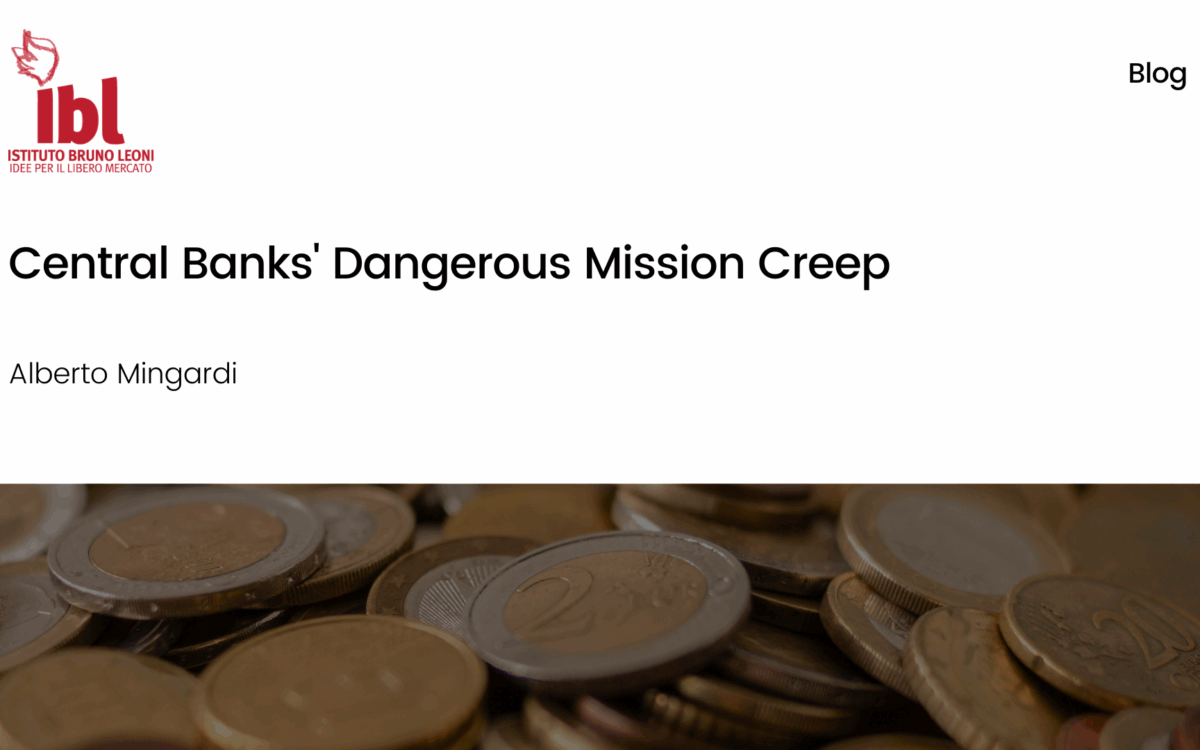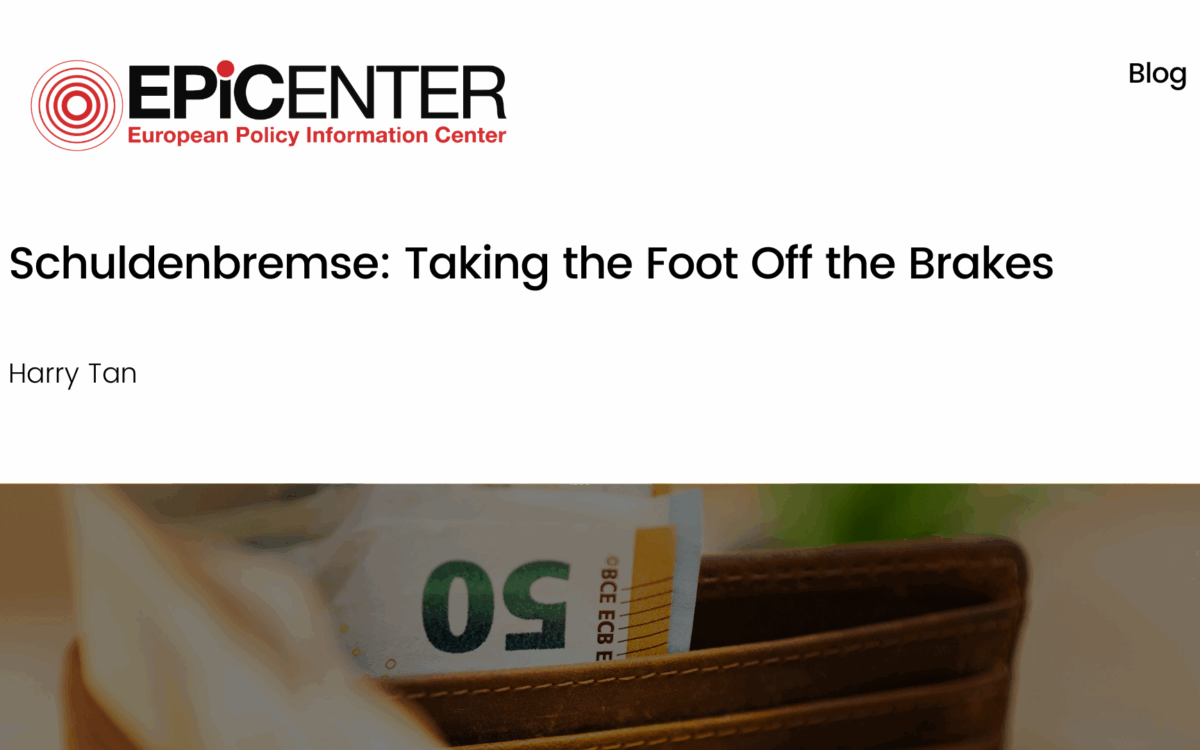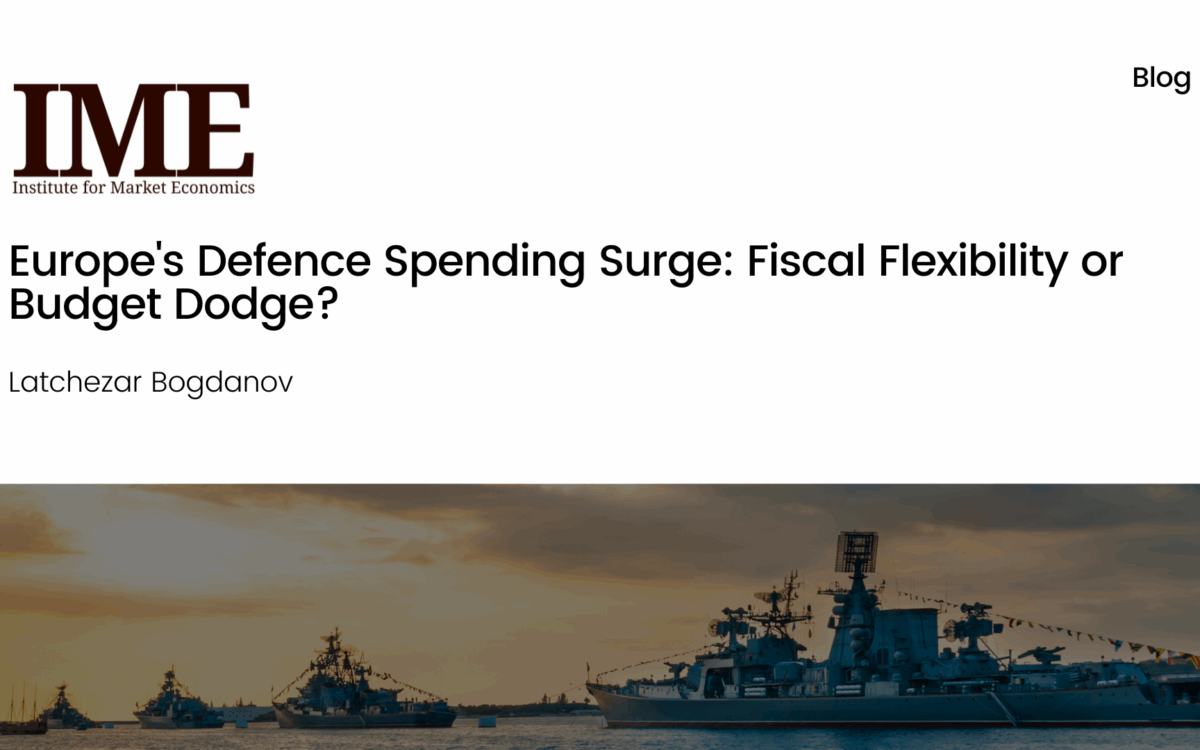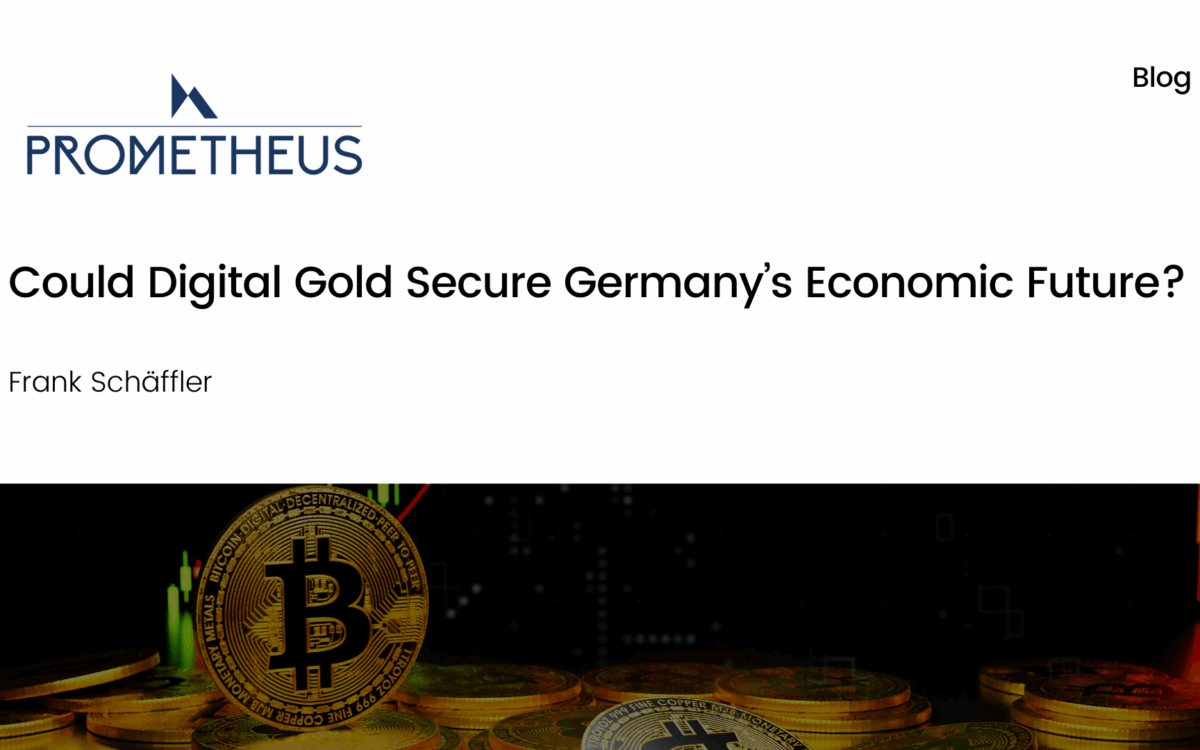Nord Stream 2: Further Weakening EU Strategy on Russia

Nord Stream 2: Further Weakening EU Strategy on Russia
Giulia Honegger // 23 July 2021
The recent outrage sparked by the German-Franco proposal of an EU-Russia summit for Poland and the Baltic States shows how deeply the EU is split on Russia. Germany’s support of Nord Stream 2 further widens this divide, and therefore it should seriously consider the political implications of approving Nord Stream 2.
Last month the European Commission laid out a new strategy for Russia, based on 3 principles: push back, constrain, and engage. The vagueness of these terms reflects the split between the member states on how to deal with Russia, and, therefore, prevents the EU from developing a clear strategy for engagement.
Approving Nord Stream 2 worsens the EU’s strategy further in three ways: by increasing Russian dominance in the EU; weakening the EU’s neighbourhood policy; and fuelling EU disunity.
Nord Stream 2 establishes a direct gas transport link between Russia and Northern Europe. Russia is already Europe’s primary gas supplier, making up 41% of its gas imports. Demand for gas is rapidly rising due to Germany’s CO2 reduction goals, whilst other gas suppliers such as the Netherlands are disappearing, with EU domestic gas production expected to fall by 40%. The new pipeline, with a capacity of 55 billion cubic metres capacity, allows Russia to take up this extra demand. Enabling Russia to double its gas exports to Europe through Nord Stream 2 makes the EU less incentivised to diversify its gas supply, extending Russian influence over Europe.
As the gas supplier Gazprom is state owned, approval of Nord Stream 2 essentially gives Putin’s government the green light for all the controversial actions it has engaged in since the Crimea’s annexation. Increased Russian dominance hinders the EU’s ability to “push back”; as challenging Russia’s interests could result in Russia halting its gas supply. Von der Leyen’s statement that the EU is “in a position of strength” towards Russia therefore seems overtly optimistic, as the EU is only getting more dependent on Russia though the project.
Nord Stream 2 also risks weakening the EU’s neighbourhood policy and threatens the security of Eastern European countries. Ukraine is angered by reduced transit fees, that could fall by $3 billion a year, alienating them from Western states. Anti-Western movements, which are actively funded by Russia, risk rising in Ukraine as citizens feel abandoned by the West. This weakens the EU’s principle of “constrain”, which aims to help pro-Western movements in neighbouring countries, such as Ukraine.
Ukraine has also voiced security concerns, as Russia no longer needs to rely on Ukraine to successfully supply gas to Europe, enabling Russia to pursue more aggressive strategies in its neighbouring countries.
Lastly, Nord Stream 2 further fuels EU divisions, as Poland and the Baltic States are angered by Germany’s support for the project. As Germany will become the new transit country to supply gas to the rest of the EU, it enables it to manipulate gas prices. Poland has, therefore, voiced concerns about experiencing a possible increase in gas prices.
EU disunity risks weakening the EU’s strategy on Russia further. The principle of “constrain”, outlined in the new strategy, as well as by the EU High Representative Josep Borrell, emphasise the importance of EU unity to develop a successful strategy towards Russia. Supporting Nord Stream 2 clearly threatens this, as it deepens the East-West divide in the EU. It can even counteract Russian strategy, as Russia benefits from and seizes upon EU divisions.
The contradictions between pursuing Nord Stream 2 and the EU strategy on Russia are clear. Nord Stream 2 increases Russian dominance over the EU, limiting states’ ability to push back against Russia. It also increases the divide within the EU and risks weakening the Neighbourhood Policy through alienating bordering countries. As long as divisions persist, which will undoubtedly intensify under Nord Stream 2, the EU will be unable to develop an effective strategy on Russia. It is therefore doubtful that the economic benefits of Nord Stream 2 will outweigh its political costs.
EPICENTER publications and contributions from our member think tanks are designed to promote the discussion of economic issues and the role of markets in solving economic and social problems. As with all EPICENTER publications, the views expressed here are those of the author and not EPICENTER or its member think tanks (which have no corporate view).



